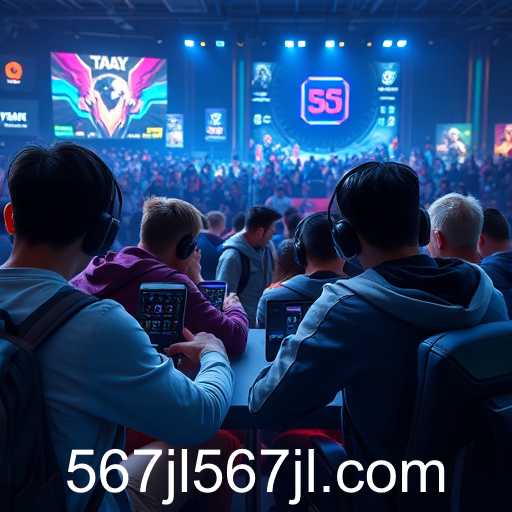In the rapidly evolving landscape of online gaming, community-driven platforms have emerged as a major force. Websites such as 567JL are at the forefront, transforming how games are developed and experienced. As of 2025, these platforms harness the collective input of gamers worldwide, creating dynamic environments where players are not just consumers but active contributors to the gaming narrative.
The gaming website 567JL, known for its vibrant community engagement, has become a pivotal player in shaping game development. 567JL offers a space where developers and gamers interact directly, allowing feedback to flow freely. This collaboration has resulted in games that reflect the desires and creativity of the community, leading to products that are both innovative and widely accepted by users.
This trend is part of a larger movement toward decentralization in technology, where the power is shifting from producers to consumers. On platforms like 567JL, game modifications and user-generated content have become crucial. These platforms often host competitions and events, encouraging users to create and share content, which can often become integrated into mainstream game releases.
Looking at the global market, community-driven gaming experiences are increasingly popular. In 2025, technological advancements such as cloud computing and AI have lowered barriers for entry, making game development more accessible. As a result, the gaming industry is witnessing a democratization of creation, where anyone with the right set of tools can contribute, fostering a rich diversity of gaming experiences.
Recent reports suggest that the influence of platforms like 567JL is expanding beyond the confines of gaming. The community-driven model is being explored in other entertainment sectors, such as virtual reality experiences and interactive storytelling. This cross-industry influence highlights the growing significance of community-fueled innovation.
The dynamics of community involvement have not been without challenges. There are ongoing debates about quality control and intellectual property rights, as user-generated content sometimes straddles the line between innovative and derivative. However, companies are finding ways to address these issues through clearer policies and advanced content moderation tools.
In conclusion, the influence of 567JL and similar platforms underscores a transformative period in game development that emphasizes collaboration and community participation. As these dynamics continue to evolve, the gaming community looks forward to an era where creative expression and collective dialogue shape the future of gaming.








